Nearly two weeks after Russia's invasion of Ukraine, the flow of false or misleading information about the war hasn't let up and now there are some outlandish theories being shared online.
Tagged with hoax
A man making false and misleading statements about Covid-19 tried to remove a sick coronavirus patient from East Surrey Hospital, and is wanted by police.
It follows a trend of people filming supposedly "empty hospitals" and then posting them online and encouraging others to do the same, spread on social media platforms.
Reports of online scares or challenges encouraging harmful or suicidal behaviours can be alarming and confusing. Here the CEOP Education team look at how you can speak to your child about scares and challenges, and how to respond if they have seen one.
A paramedic has described how a patient with symptoms of a heart attack refused treatment after reading on Facebook that she would die if she went to hospital during the Covid-19 crisis.
The account was among hard-hitting testimony given by medics to MPs about the damage misinformation on social media is doing to frontline healthcare.
The doctors called for tougher action on Google, Twitter and Facebook.
All three firms told MPs they were working hard to tackle the problem.
There's a huge amount of misleading information circulating online about coronavirus - from dodgy health tips to speculation about government plans. This is the story of how one post went viral.
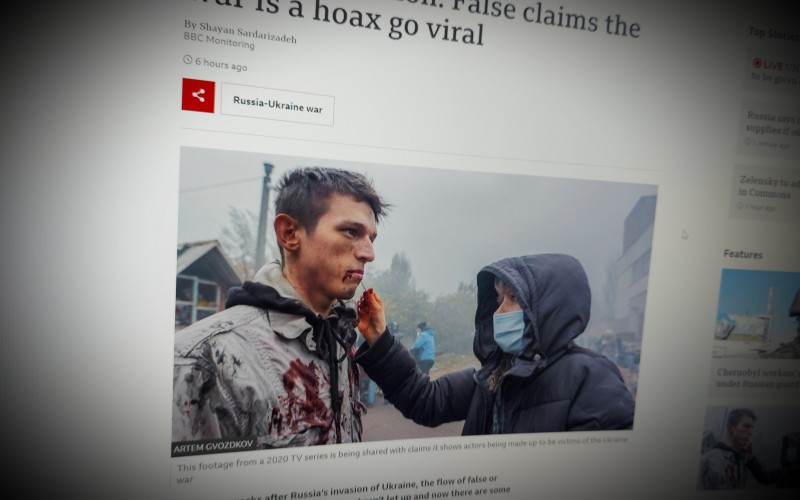
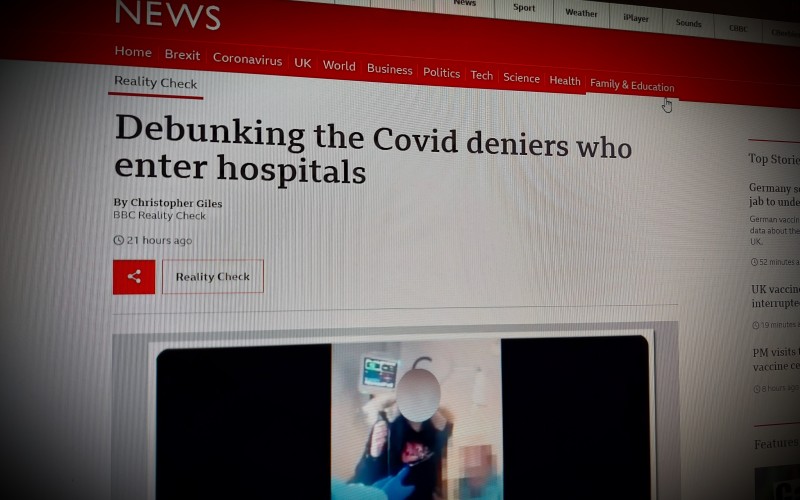
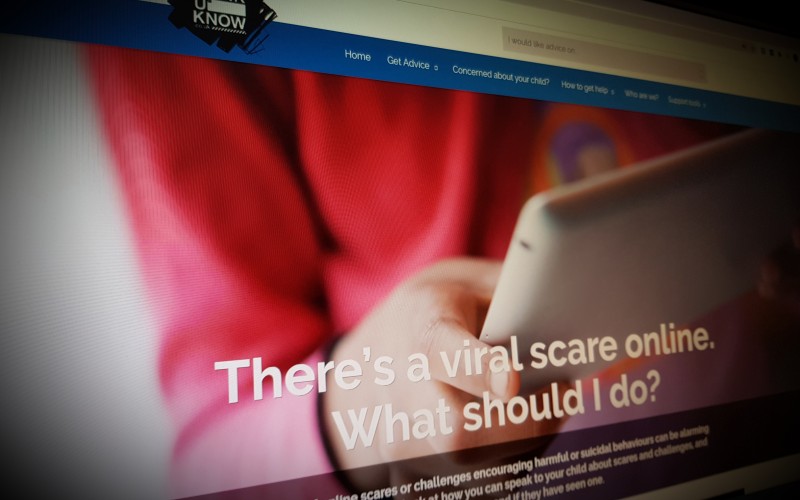
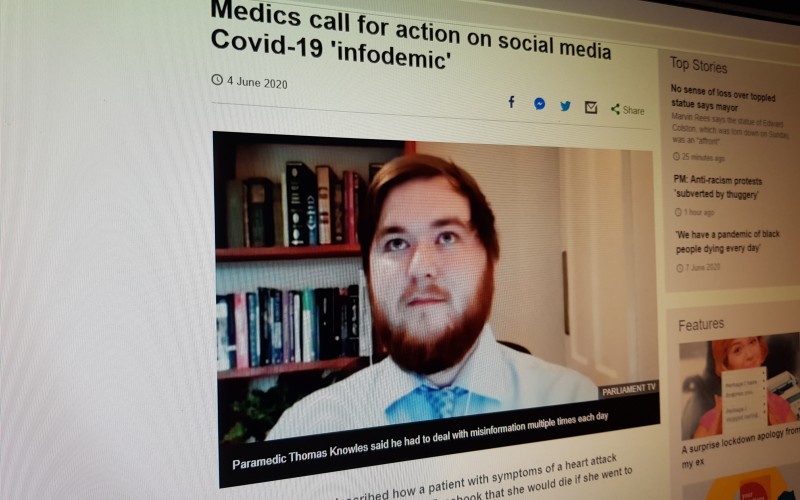
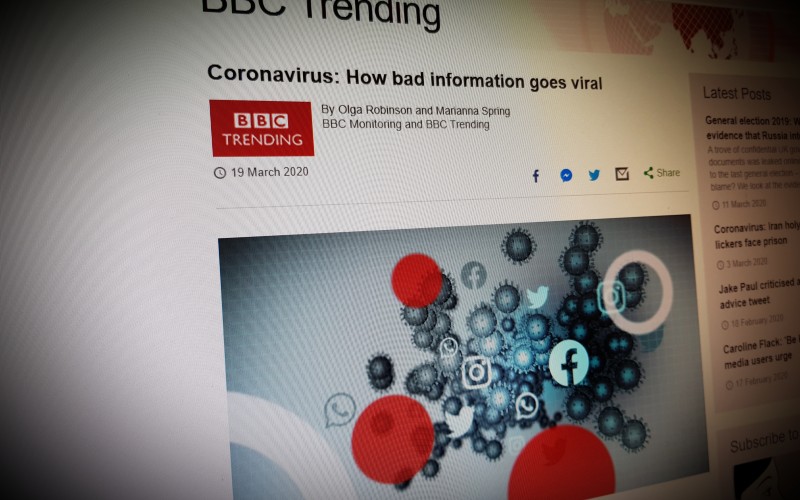
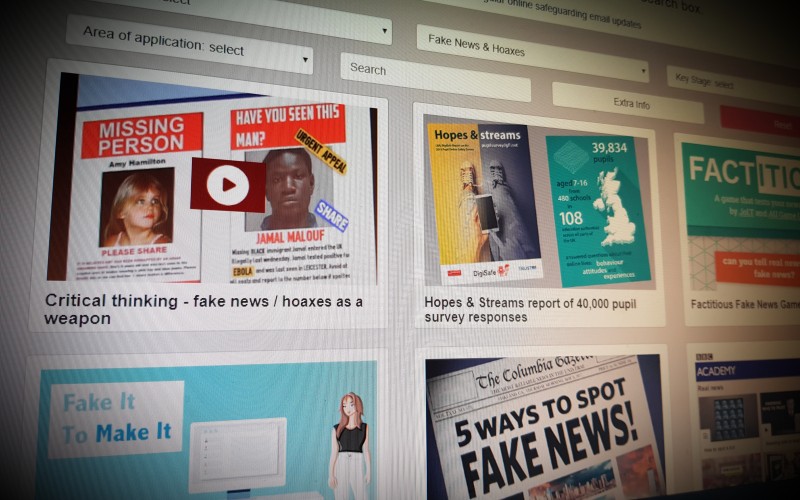
Comments
make a comment